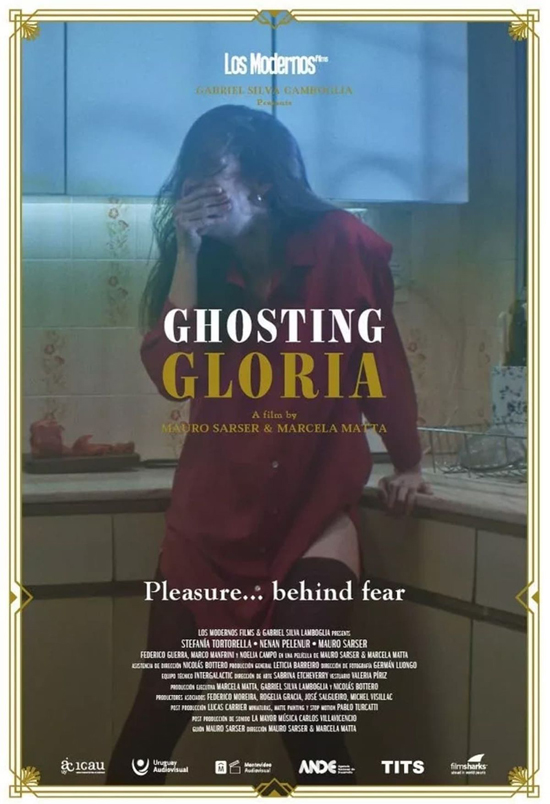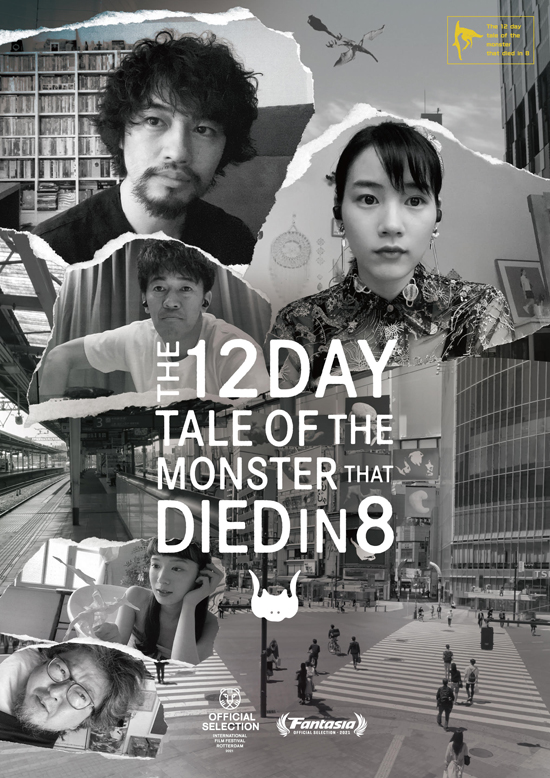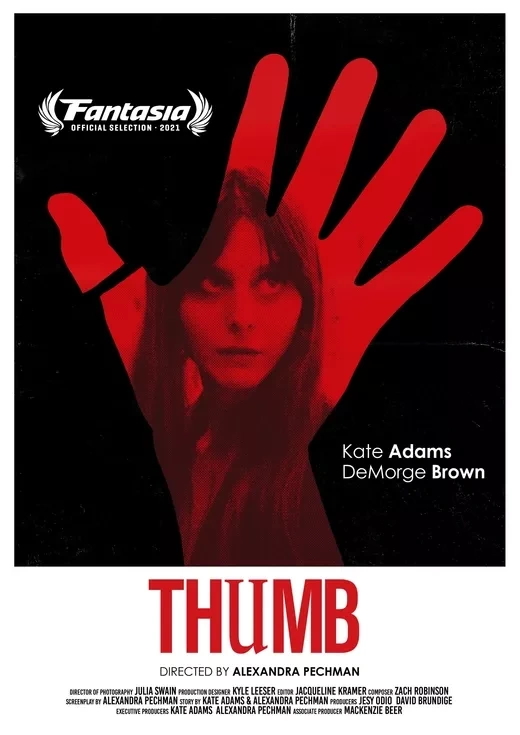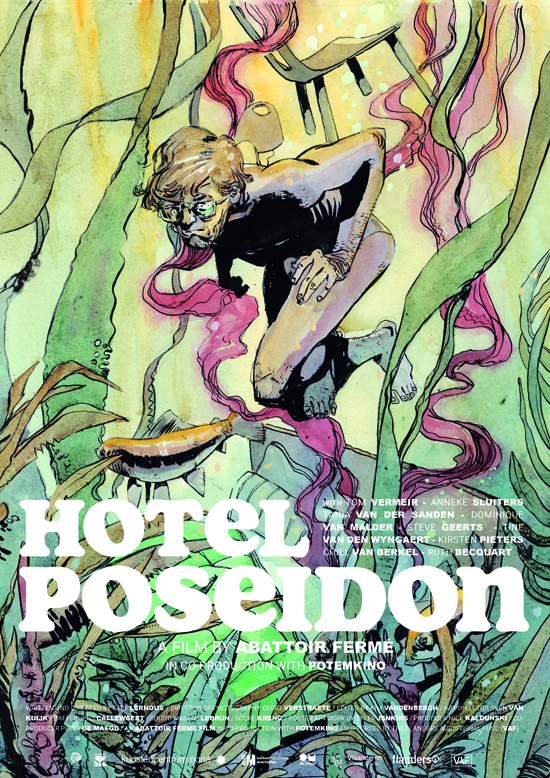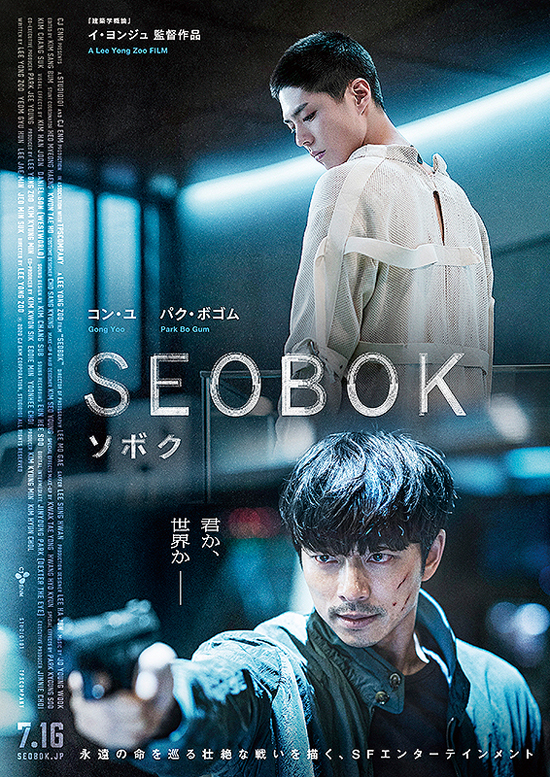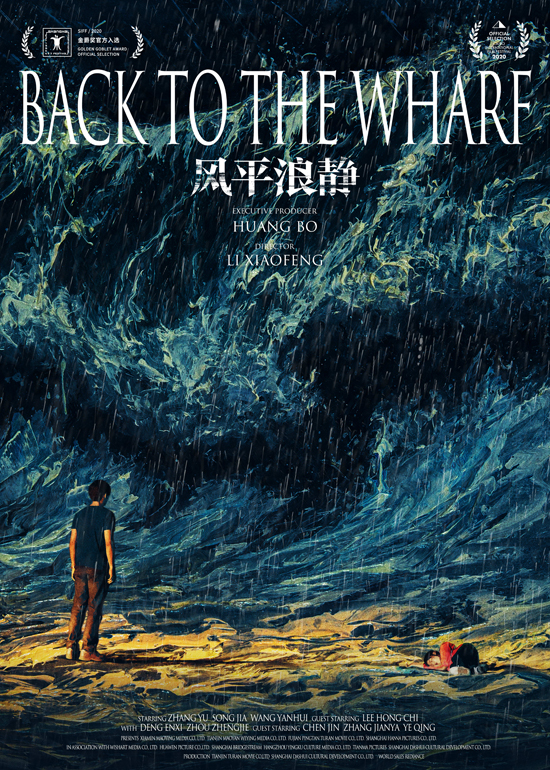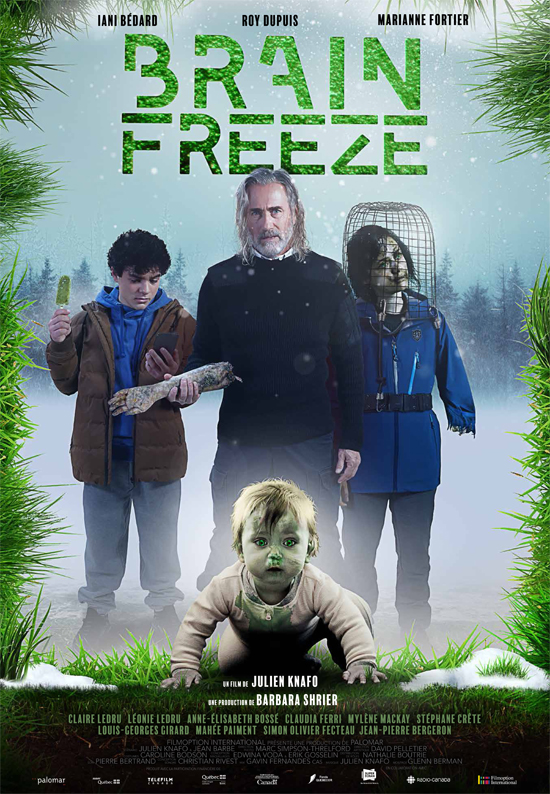Fantasia 2021, Part XXIII: Giving Birth To A Butterfly
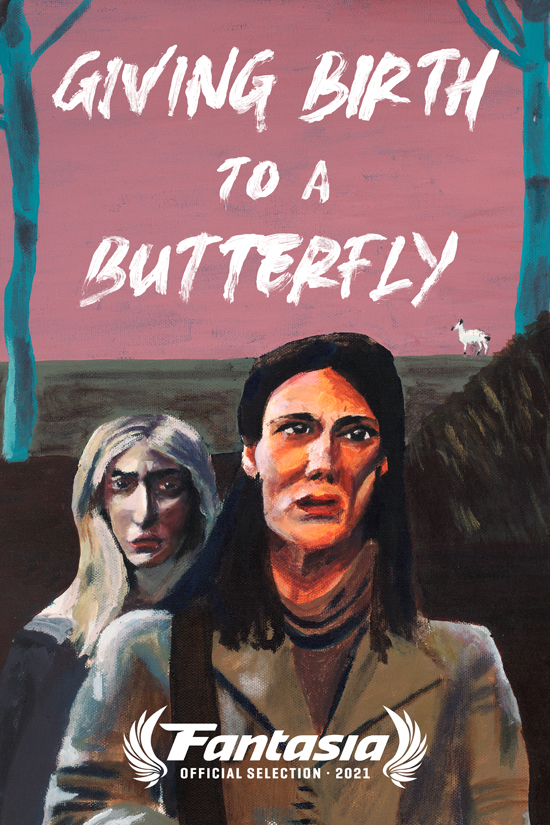 “MonsterDykë” is a four-minute Canadian short directed and written by Kaye Adelaide and Mariel Sharp. It stars Adelaide as a trans sculptress who’s being pestered for a date by a manipulative guy; she hangs up on him and turns to her work-in-progress. At which point the movie turns into an update of the Pygmalion myth. It has an interesting look, shot on back-and-white 16mm film, and is both sweet and explicit. The design of the sculpture’s imaginative, and if the story’s not surprising, at less than five minutes it doesn’t really need to be.
“MonsterDykë” is a four-minute Canadian short directed and written by Kaye Adelaide and Mariel Sharp. It stars Adelaide as a trans sculptress who’s being pestered for a date by a manipulative guy; she hangs up on him and turns to her work-in-progress. At which point the movie turns into an update of the Pygmalion myth. It has an interesting look, shot on back-and-white 16mm film, and is both sweet and explicit. The design of the sculpture’s imaginative, and if the story’s not surprising, at less than five minutes it doesn’t really need to be.
The feature that was bundled with the short was Giving Birth to A Butterfly, which would prove to be one of my pleasant surprises of the 2021 Fantasia Festival. It’s the first film from director Theodore Schafer, who co-wrote it with Patrick Lawler. And it’s a surprising work that seems to change shape as it goes along. The air of surrealism is constant. But the degree of surrealism is not, and what starts at first like a domestic comedy with an odd edge delves into more dreamlike and indeed mythic terrain as the story goes on.
Diana (Annie Parisse) is married to the optimistic but unaccomplished aspiring restauranteur Daryl (Paul Sparks), and is the mother of teens Danielle (Rachel Resheff) and Andrew, AKA Drew (Owen Campbell). Shortly after the movie starts, Drew introduces the family to his new fiancée, Marlene (Gus Birney), who is pregnant and not with with Drew’s child. Diana is not terribly pleased about this situation, but when her identity is stolen she must turn to Marlene to hep her drive to the address of a mysterious company where she hopes to resolve the situation. Meanwhile Danielle’s working backstage on the school play, and Marlene’s mother (Constance Shulman), who sees herself as an actress, is losing touch with reality.

